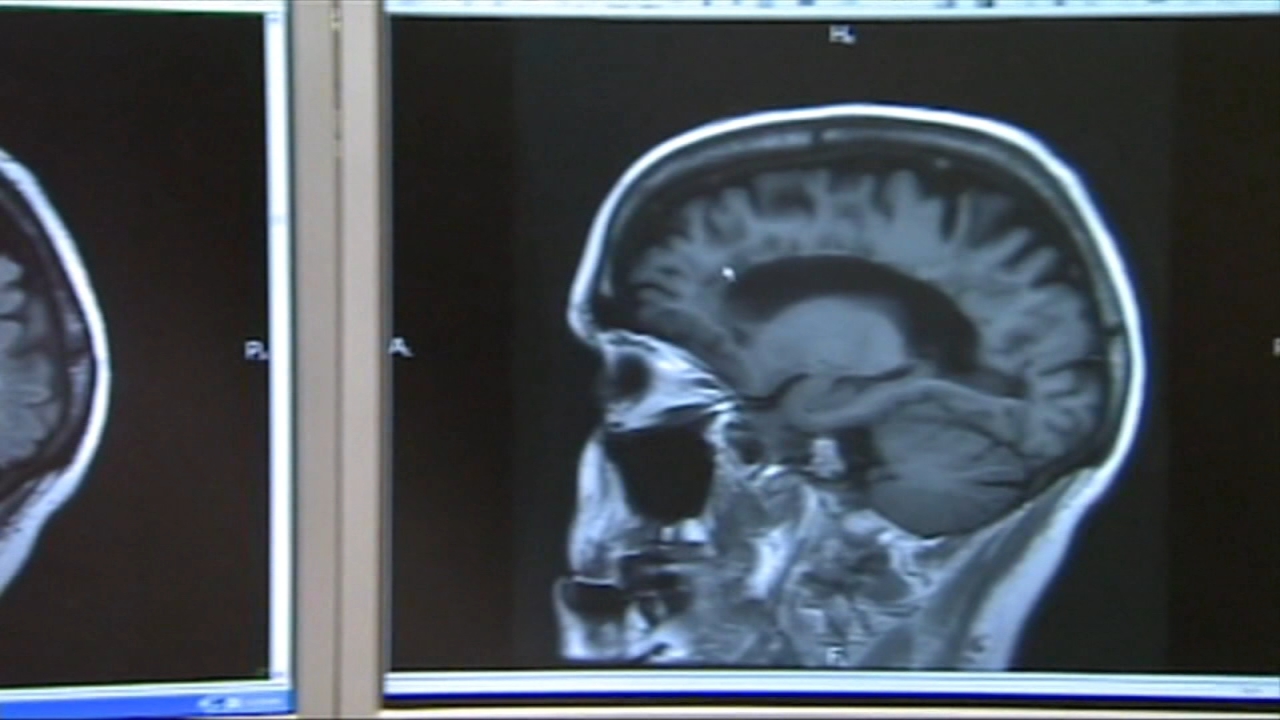COVID-19 long haulers are people who have been diagnosed with COVID, survived, but are still struggling with severe symptoms months, in some cases, nearly a year later.
RELATED: Look inside Stanford's study on COVID-19 'long-haulers'
"I had a headache so severe, it felt like my temple had a knife going into it," said Bruce Wheeler, who was diagnosed with COVID in March of last year.
[Ads /]
The study published in the journal Nature involved at least 73,000 non-hospitalized coronavirus patients from the Veterans Affairs Health System. Research shows between one to six months after infection, patients experienced respiratory issues, cardiovascular problems, gastrointestinal pain, and mental health issues, including memory loss.
VIDEO: 'Long haul' COVID: Doctor describes patients' 'crushing headaches,' 'cognitive symptoms' after recovery

Doctor says some patients' lasting effects are worse than COVID
"So they were finding really the whole gamut," said Dr. Brian Block, who leads UCSF's Optimal Clinic that treats recovering COVID patients. "The question is how common are these outcomes?"
According to the study, around 1 to 6 months after infection, non-hospitalized COVID-19 survivors were around 50 percent more likely to die compared to those who didn't have COVID-19.
[Ads /]
"This change in mortality is very significant on the population level," said Dr. Block. "If you consider 30 million people in the U.S. having had coronavirus this could translate to several hundreds of thousands of additional deaths in the six months after initial infection."
RELATED: Women more likely to experience serious side effects from COVID-19 vaccine, CDC study reveals
A majority of the non-hospitalized COVID patients analyzed in the study were white men. More than 1,600 died or around 2.3 percent of the total number of patients. But, as Dr. Block pointed out the specific cause of death in these cases is still unknown.
[Ads /]
"Trying to understand what it is that leads to these worse outcomes, that piece of the puzzle isn't very clear," Block said.
Wheeler is one of Dr. Block's patients, but thankfully was not exhibiting any life-threatening symptoms.
"It was comforting to know that I wasn't alone," said Wheeler. "This was all real."
UCSF has implemented a Zoom support group for COVID patients with long-term symptoms. For more information, click here.
RELATED STORIES & VIDEOS:
- Map shows which counties can, can't reopen under reopening tiers
- Cheat sheet: What you can and can't do after being fully vaccinated
- How to register for a COVID-19 vaccine in every Bay Area county
- Map shows everywhere you can get a COVID-19 test in the Bay Area
- Interactive map shows what's closed and what's reopening in the San Francisco Bay Area
- Data tracker: Coronavirus cases, deaths, hospitalizations in every Bay Area county
- Third stimulus check calculator: See how much you could get
- COVID-19 Diaries: Personal stories of Bay Area residents during pandemic
- Get the latest updates on California EDD, stimulus checks, unemployment benefits
- Coronavirus origin: Where did COVID-19 come from?
- What is a COVID-19 genetic, antigen and antibody test?
- What does COVID-19 do to your body and why does it spread so easily?
- Coronavirus Timeline: Tracking major moments of COVID-19 pandemic in San Francisco Bay Area
- Coronavirus Doctor's Note: Dr. Alok Patel gives his insight into COVID-19 pandemic

